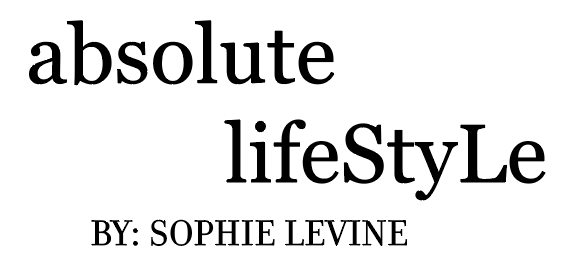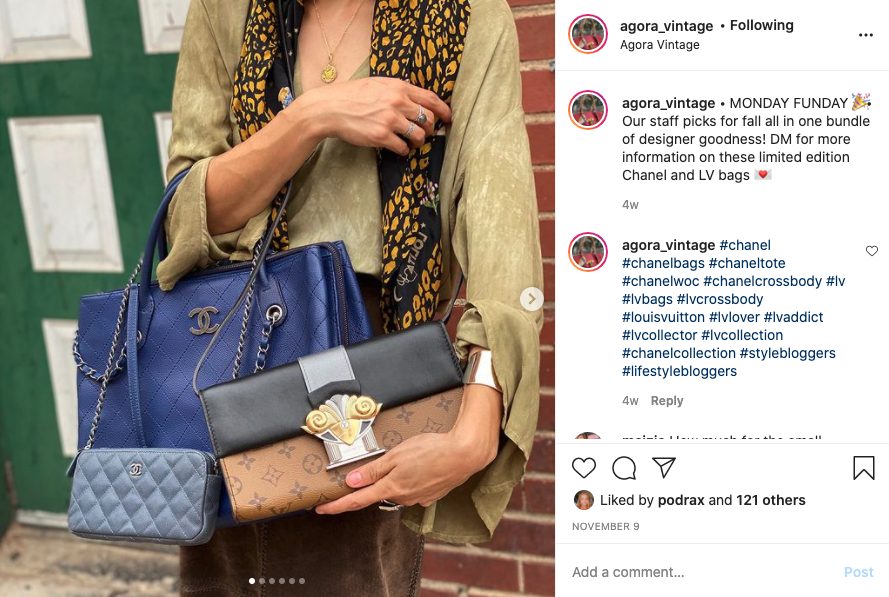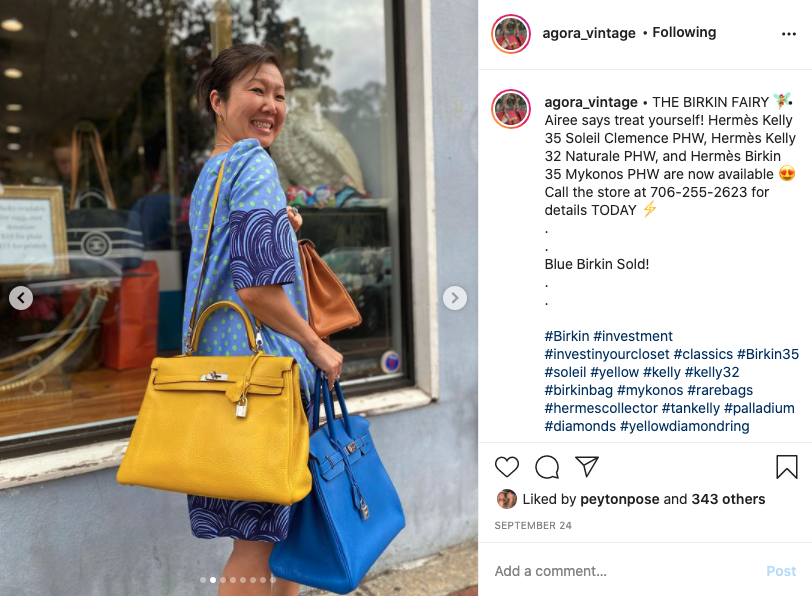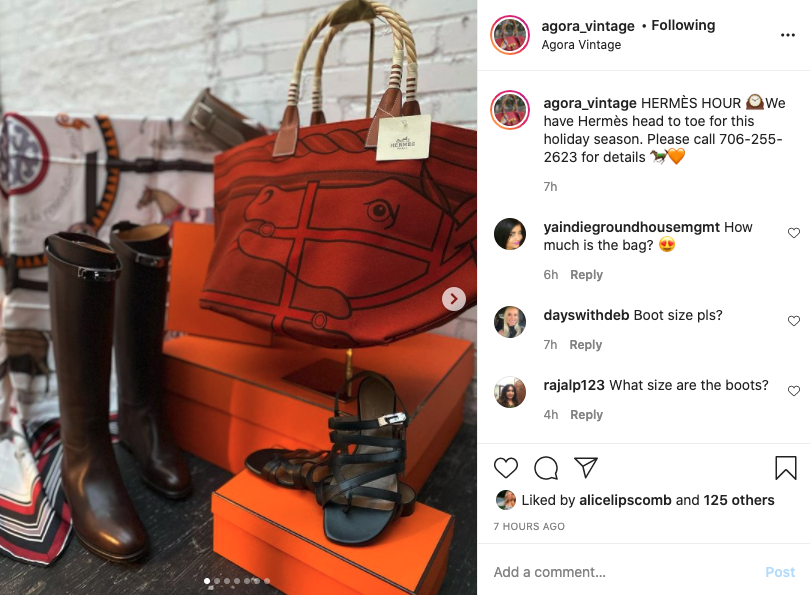Writing Examples
News Summary Example
If Tiffany Gets left at the altar, it will need a bigger web strategy
by: suzanne Kapner
sept. 9, 2020
Why this story is news
Of the five interest elements, fame, conflict, and immediacy apply. Fame: a very well known jewelry company, Tiffany & Co. Conflict: Tiffany has experienced a significant decrease in revenue and a business deal involving LVMH fell through. Immediacy: impact of the pandemic on both LVMH’s decision and Tiffany’s revenue. This story demonstrates strong beat reporting as Suzanne Kapner, part of the business beat, has followed the narrative of LVMH and Tiffany specifically over the past month.
How they reported the story
The owner of Louis Vuitton and Fendi, Bernard Arnault, is quoted indirect, managing director of research firm GlobalData PLC, Neil Saunders, is quoted direct, and co-head of global consumer and retail research at HSBC, Erwan Rambourg, is quoted direct. The story did pass the Topeka Test as Kapner thoroughly gives explanations so that readers can understand the piece, even if they are missing prior information for understanding. Active critical thinking is demonstrated by Kapner as she combines events such as the LVMH and Tiffany deal, compares Tiffany to other luxury chains such as Neiman Marcus, and examines why Tiffany’s sales and profits have fallen (due to the pandemic, fewer engagements, and less in-person sales). Hence, why Kapner argues that Tiffany needs a larger web strategy.
How they wrote the story
A summary lede is used in this article. The nut graph serves its purpose mentioning “the health crisis” which is prevalent to all individuals and how Tiffany is being forced to “catch-up” on the digital front – especially relevant to those that purchase Tiffany or those that may be more inclined to purchase from Tiffany due to online access. This explains why it matters and how it fits into one’s life. The best quote is, “Luxury is about being seen wearing certain products, including jewelry,” said Neil Saunders, a managing director of research firm GlobalData PLC. “As people stay home more, the need for purchasing these items has dissipated.” This quote holds significant value as it provides support to Kapner’s previous paragraphs as to why Tiffany may currently be on the downfall, and therefore, needs a bigger web strategy.
Online event coverage
UNIVERSITY OF GEORGIA’S INNOVATION DISTRICT HOSTS PANEL TO DISCUSS VIRTUAL INTERNSHIPS
November 2, 2020
By Sophie Levine
ATHENS, Ga. — Five members from a variety of major corporations convened via Zoom led by director of industry collaborations, Crystal Leach, on Wednesday, Oct 21 at 2 p.m. The panel was held to shed light on virtual internship programs and what they will look like moving forward, according to the Innovation District.
The panelists included professionals from Anthem, NCR, Southern Company, and Lockheed Martin. “We selected the panelists based on existing relationships with industry partners who we knew had virtual internship programs,” says event host, Grace Trimble.
The transition from what was once an in-person internship program to a virtual one caused the panelists to explore new ways to successfully implement a new internship curriculum. Head of mission systems operations for Lockheed Martin, Komal Patel, hired over 300 interns when and which she had to decide how far in advance to ship interns their laptops, external monitors, and headsets.
“The transition sounds simple but took two and a half months to complete,” said Patel.
Maintaining a social work environment was also difficult, especially since it never needed to be considered beforehand. The panelists had to start from scratch. Southern Company started a student-led organization called Students of Southern Company. Officers are elected from term to term and receive a small budget to allocate for networking events, volunteering activities, and socially-distanced luncheons, according to campus recruiter Jahi Word-Daniels.
Southern Company also began to utilize a mentorship program to touch on the company’s culture as developing personal relationships with interns became difficult due to a lack of in-person interaction.
Although many companies had some online features, university relations leader for NCR, Tony Burdett, was forced to implement the virtual component from a work environment that never formerly worked virtually. In turn, Burdett and his team established managers and mentors for every student as well as a weekly touch base to keep individuals accountable.
Ending the series of questions, Leach asked, “Are virtual internships here to stay?”
The answer collectively among panelists was yes. Although virtual is not as effective as when you see students in-person, Patel claims Lockheed Martin will continue to offer virtual internships for as long as they need to. As for Southern Company, they are up in the air of what will happen in 2021. Despite not building strong social connections with students, Daniels admits the flexibility is a plus.
Coronavirus has thrown many unexpected twists and turns towards college students and industry professionals alike but these companies are doing their best to devise internship programs that feel normal.
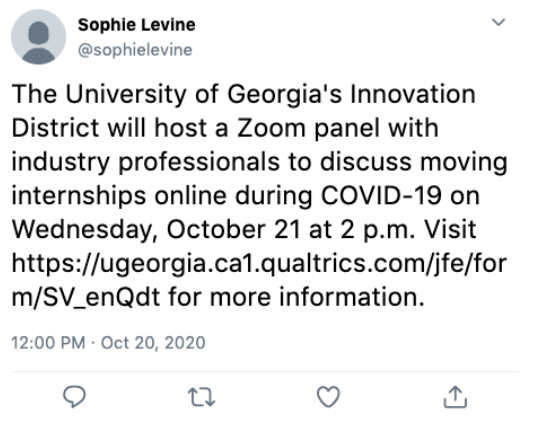
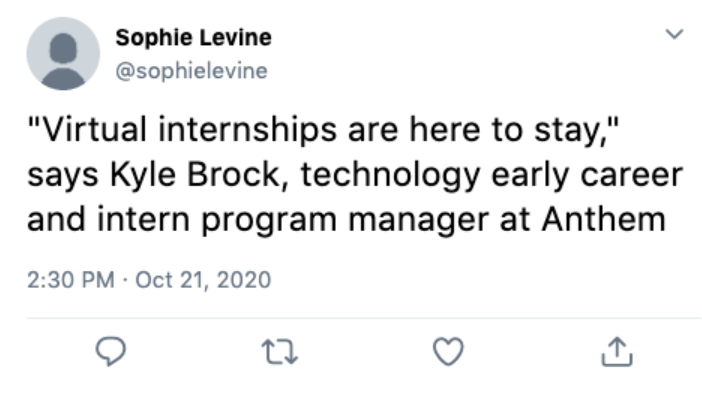
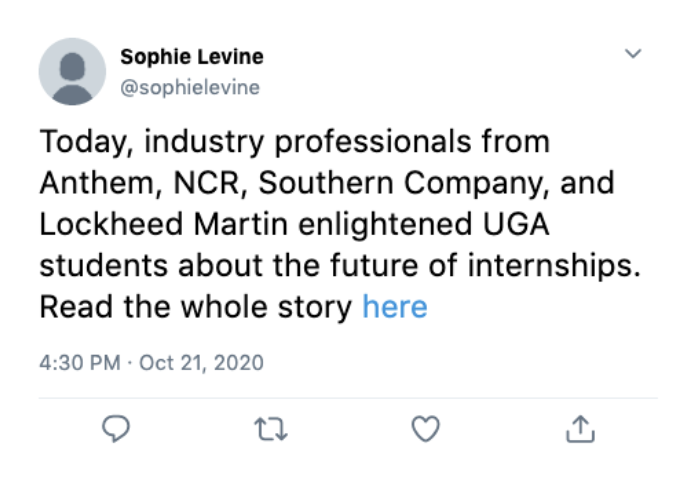
Profile - Airee edwards, agora vintage
Athens business owner shows how independent retailers can survive a pandemic
By Sophie Levine
Agora Vintage, an eclectic brick-and-mortar storefront located on East Broad Street in Athens, Georgia, is filled with shelves of vintage and lightly used handbags, accessories, shoes, and garments from Gucci and Louis Vuitton to Hermes and Chanel. Owner, Airee Edwards, graduated from the University of Georgia with a degree in fabric design. Shortly after, Edwards mustered up the courage to start her own business in Athens, despite having no previous experience in business or entrepreneurship – her most recent boutique opening in 2013.
Despite the trying times of COVID-19, Edwards holds a drive and dedication, fueled by the passion of her business and community, that has helped her business thrive. So, how did Agora Vintage become the store it is today, and what does it really take for a small business to successfully survive through COVID-19?
Edward’s background helps to explain her ability to overcome challenges. In the beginning, Edwards could not find a bank to provide her with a loan to jump-start her business. “A lot of banks wouldn’t give me a loan because I didn’t have the right background,” said Edwards.
She waited tables for almost a year to get the downpayment she needed and told them she would pay back the loan within 365 days. Her drive and dedication allowed her to reach this benchmark in just half the time.
The difficult journey, fueled by Wendy’s dollar menu, at first resulted in the creation of an antique and vintage mall where different people could rent a booth in a bigger warehouse. “It was more of a collaboration within the community,” said Edwards.
Now Edwards has her own personally designed store and an Instagram following of 46,400 that has contributed to the ongoing success of her business during the pandemic.
Edwards is credited to having a great deal of care for the community as well. “She cares a lot about the community and wants to make sure everyone is happy,” said Agora Vintage staff member, Peyton Pose. “Part of her success is attributed to her strong relationships with her customers.”
Through hard work, dedication, and constant support from and inclusion of the community, it’s no surprise that Edwards’s dream of having her own store came true. “I’m very customer service oriented. I like to be hands-on,” said Edwards. “I can’t stop working when I get home. I really am always involved in this business.”
Almost 98,000 businesses in the U.S. have permanently shut down according to Yelp.com’s Local Economic Impact Report, but Agora Vintage will not be one of them.
“I was scared to come back. I didn’t know if people would be in the mood to shop. For me to get motivated, I had to make it so our sales would benefit the community,” said Edwards.
She started a pandemic fund and profits made went to those who needed the money.
To her surprise, customers began to support Agora Vintage even more because they knew what Edwards was doing for the community. She used the money she made to purchase 5,000 masks to provide for the Athens area. According to the CDC, community usage of masks is recommended to prevent transmission of COVID-19 by reducing the emission of virus-laden droplets.
“I think it’s important to do as many good deeds as you can,” said Edwards.
Customer purchases transitioned to an online format, especially through Instagram, as in-person purchases are all appointment only. Additionally, her staff feels safe while working in the store. “We have air purifiers throughout the store, wear masks, and changed our business dynamic to appointment only,” said Pose.
“We’re limiting the number of people we have contact with because we want to keep it safe,” said Edwards.
Her desire to retain a customer service-based business, whether chatting directly through the Instagram platform or speaking with customers directly on the phone, has helped her business thrive.
Other than limited in-person interaction, Edwards’ business has not faced any issues. “We didn’t have any issues – just more people complaining that they couldn’t come in,” said Edwards. “I think we would make more sales if people could come in, especially with the holidays.”
